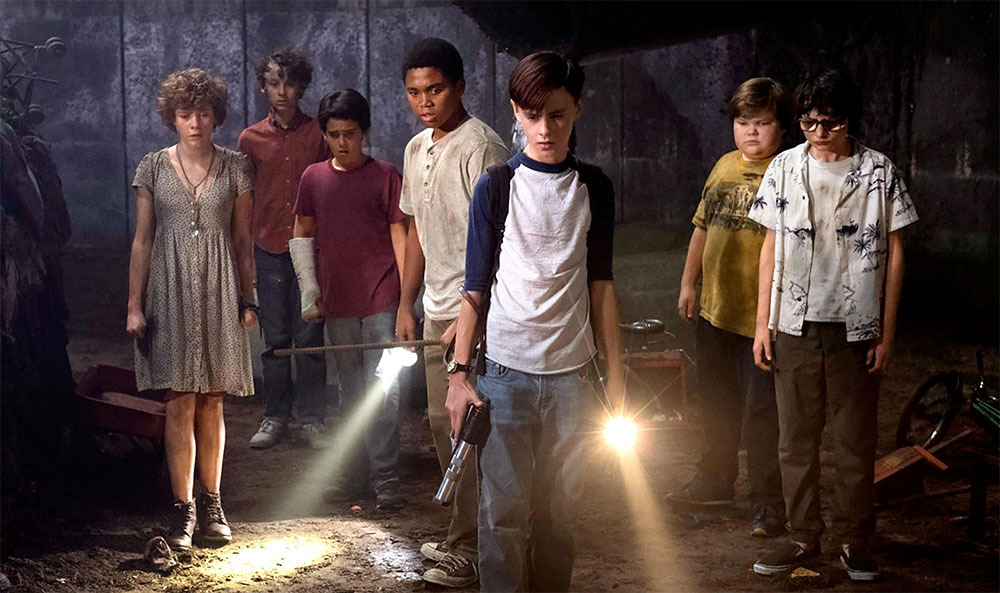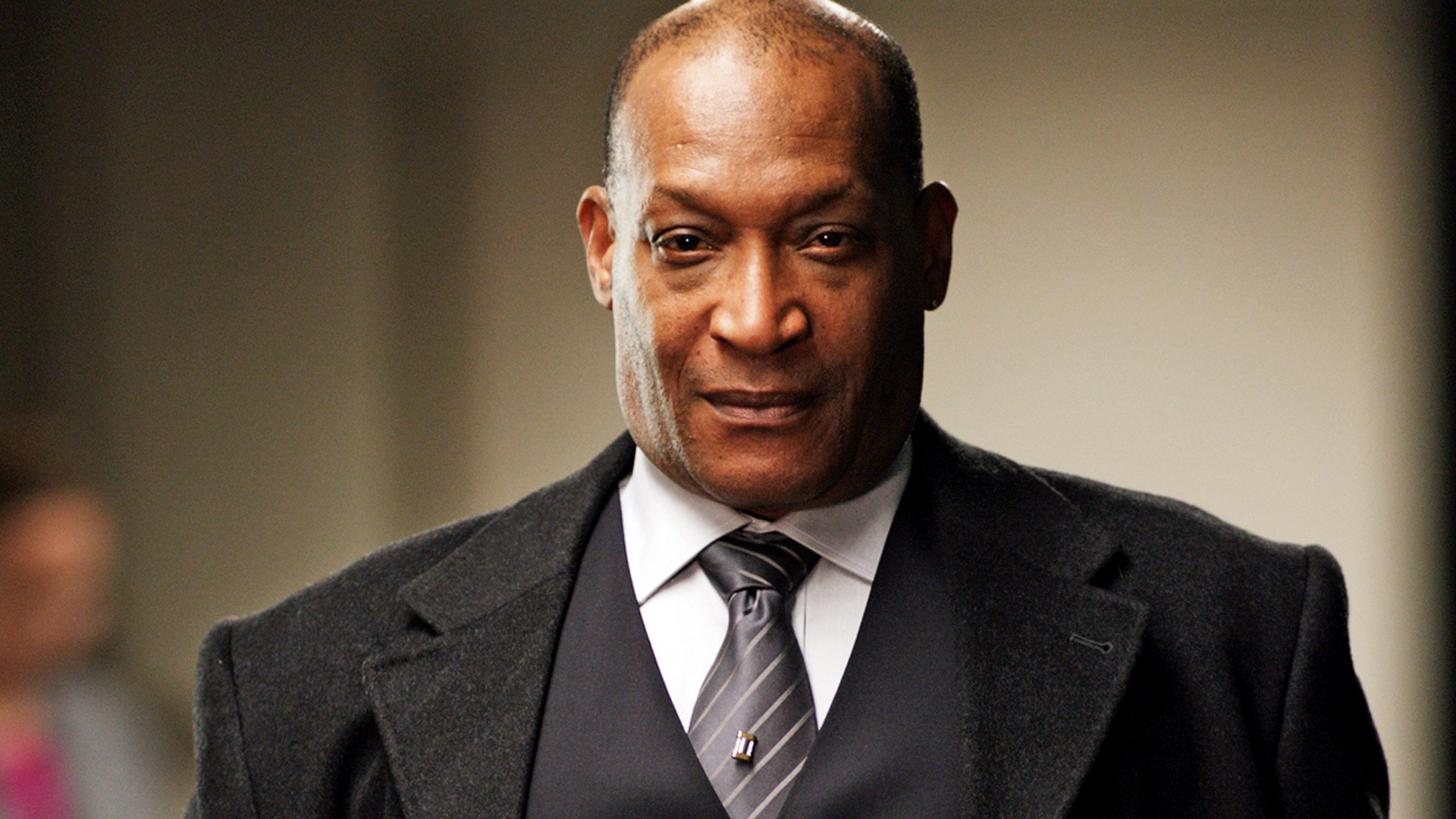Horror Franchise Reboot Vs. Stephen King: A Box Office Showdown?

Table of Contents
The Allure of Nostalgia: Horror Franchise Reboots
Horror franchise reboots leverage pre-existing fanbases and established lore, offering a potent combination for box office success. This inherent advantage significantly impacts marketing and overall profitability.
Capitalizing on Established Fanbases
Reboots benefit from a built-in audience already familiar with the characters, storylines, and overall aesthetic. This reduces marketing costs and increases the likelihood of strong opening weekends.
- Successful Examples: The Halloween (2018) reboot revitalized the franchise, grossing over $255 million worldwide on a modest budget, proving the power of a well-executed reboot. Similarly, the Scream (2022) meta-horror sequel cleverly played on nostalgia while updating the formula for a new generation, resulting in strong box office numbers.
- Lower Marketing Costs: Brand recognition significantly reduces the marketing budget required for a successful launch. The name alone generates interest and anticipation.
- Merchandising Revenue: Successful reboots often translate into significant revenue from merchandise, further boosting profitability. The Scream franchise, for instance, has a long history of successful merchandise sales, amplified by each new installment.
Analyzing these successful reboots reveals a common thread: they tapped into nostalgia while offering a fresh perspective, attracting both long-time fans and newcomers. Critical reception often plays a significant role; positive reviews can generate significant word-of-mouth marketing, increasing box office potential.
The Risks of Reboots: Disappointing Fans & Creative Limitations
Despite the advantages, horror franchise reboots face significant challenges. The pressure to live up to expectations, the risk of alienating original fans, and creative constraints imposed by established canon can lead to disastrous outcomes.
- Unsuccessful Examples: Not all reboots succeed. Some fail to capture the essence of the original, leading to negative critical reception and poor box office performance. A poorly conceived reboot can damage the franchise's reputation irreparably.
- Balancing Nostalgia with Originality: Finding the right balance between honoring the legacy of the original and introducing fresh elements is crucial. Too much reliance on nostalgia can feel stale, while straying too far can alienate loyal fans.
- Negative Reviews and Box Office Impact: Negative reviews can significantly impact a reboot's box office performance, creating a ripple effect that damages its long-term prospects.
The King of Horror: Stephen King Adaptations
Stephen King's vast canon of novels and short stories offers a seemingly endless source of material for film adaptations, each with its own unique potential. His relatable characters and terrifying monsters have resonated with audiences for decades.
The Untapped Potential of King's Vast Canon
King's prolific output provides a rich tapestry of horror, suspense, and drama, offering filmmakers diverse themes and compelling narratives to adapt.
- Successful Adaptations: IT (2017) and its sequel demonstrated the immense box office potential of a well-executed King adaptation, while The Shawshank Redemption showcased the power of his stories beyond the horror genre.
- Relatable Characters and Terrifying Monsters: King's enduring appeal stems from his ability to create relatable characters facing extraordinary circumstances, populated by terrifying but often grounded monsters. This blend of the mundane and the monstrous is incredibly effective.
Challenges of Adapting King's Works: Maintaining Fidelity vs. Cinematic Adaptation
Translating King's lengthy, complex novels into concise, engaging films presents a significant creative challenge. The sheer volume of detail and nuanced characters often necessitates difficult choices in the adaptation process.
- Successful and Unsuccessful Adaptations: The success of a King adaptation often hinges on the filmmaker's ability to capture the essence of the story while making necessary changes for cinematic storytelling. Some adaptations excel, while others fall short.
- Balancing King's Style with Cinematic Demands: King's unique writing style, often characterized by lengthy descriptions and internal monologues, needs careful consideration for a successful cinematic translation.
- Budget and Runtime Constraints: Budget limitations and the need to maintain a commercially viable runtime can force compromises that impact the narrative.
Head-to-Head Box Office Comparison: Reboot vs. King
A direct comparison of recent horror franchise reboots and Stephen King adaptations reveals interesting trends in box office performance and critical reception.
Analyzing Recent Releases and Financial Performance
Analyzing box office numbers, marketing campaigns, and critical reviews provides valuable insights into the relative success of each category.
- Specific Examples: A detailed comparison of specific film releases, including budgets, marketing expenditures, and box office returns, allows for a comprehensive analysis.
- Charts and Graphs: Visual representations of box office data, comparing revenue streams and critical scores, offer a clear understanding of performance.
- Impact of Marketing and Reviews: The impact of marketing campaigns and critical reception on box office success is a key factor in determining the overall success of each type of film.
Conclusion
This analysis of horror franchise reboots and Stephen King adaptations reveals a dynamic landscape in the horror genre. While reboots offer the advantage of built-in audiences and established brand recognition, they face the challenge of satisfying existing fans and offering something fresh. Stephen King adaptations, drawn from a vast reservoir of source material, present compelling narratives but require careful adaptation to translate successfully to the screen. Ultimately, the success of both hinges on compelling storytelling, effective marketing, and a keen understanding of audience expectations. Whether a horror franchise reboot or a new Stephen King adaptation will ultimately conquer the box office remains to be seen – but the ongoing battle for horror supremacy promises exciting cinematic offerings in the years to come. Keep an eye out for future releases and the continued evolution of the horror franchise reboot vs. Stephen King adaptation showdown!

Featured Posts
-
 Georgetown Resident Crowned 2025 Kentucky Derby Festival Queen
May 04, 2025
Georgetown Resident Crowned 2025 Kentucky Derby Festival Queen
May 04, 2025 -
 Tony Todds Final Destination Bloodline Role And The Trailers Impact
May 04, 2025
Tony Todds Final Destination Bloodline Role And The Trailers Impact
May 04, 2025 -
 Manfaatkan Limbah Dapur Cangkang Telur Untuk Kesejahteraan Tanaman Dan Hewan
May 04, 2025
Manfaatkan Limbah Dapur Cangkang Telur Untuk Kesejahteraan Tanaman Dan Hewan
May 04, 2025 -
 La Sfida Di Bayrou Contenere L Avanzata Di Le Pen E Dell Estrema Destra In Francia
May 04, 2025
La Sfida Di Bayrou Contenere L Avanzata Di Le Pen E Dell Estrema Destra In Francia
May 04, 2025 -
 Two Days Of Crypto Chaos Inside A Wild Party
May 04, 2025
Two Days Of Crypto Chaos Inside A Wild Party
May 04, 2025
